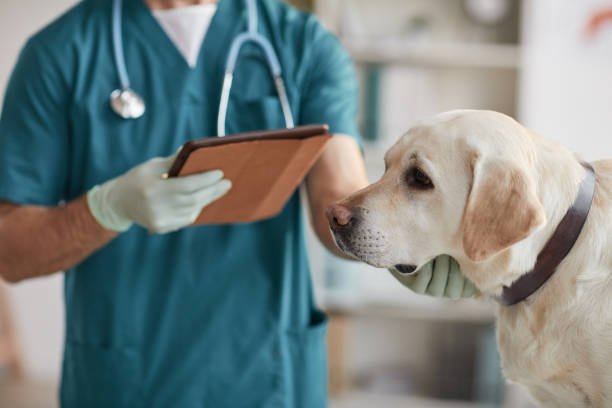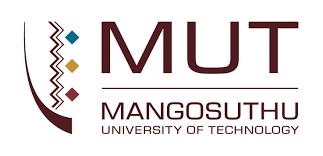Are you passionate about animals and their well-being? Do you envision a future where you’re at the forefront of advocating for the ethical treatment of animals? Let’s explore the vast opportunities that the Higher Certificate in Animal Welfare at Unisa offers.
Higher Certificate in Animal Welfare at Unisa
- Qualification Code: 90098
- NQF Level: 5
- Total Credits: 120
- SAQA ID: 101937
- APS/AS: 15
Why Pursue This Qualification?
The Higher Certificate in Animal Welfare is not just another academic programme. It is an embodiment of compassion and care for animals. Students who undertake this course gain in-depth knowledge and skills, as recognised by the South African Veterinary Council, essential for the paraveterinary profession of Veterinary Welfare Assistant.
This programme empowers students with a comprehensive understanding of:
- Animal anatomy and physiology
- Animal behaviour and husbandry
- Ethical standards related to animals
- Advanced skills in animal care and welfare
Driving Change in Animal Welfare
With a strong emphasis on animal welfare awareness and a commitment to ethical care, this programme aims to:
- Address the shortage of veterinary-related skills in South Africa.
- Support animal welfare organisations in local communities.
- Promote the numerous benefits of a healthy companion animal population.
- Encourage social and economic transformation by offering opportunities to individuals from diverse backgrounds.
Flexible Learning Modes
Catering to diverse needs, this qualification is accessible via both online and distance learning modes.
Registration Guidelines
Registration is open to new and returning Unisa students who have received an offer of placement and have accepted it online. However, Unisa maintains the right to not process or cancel registrations if discrepancies in admissions are found. Re-registering students can opt for the 2023 academic year once registration begins.
For those looking to shift qualifications, online applications are open during the specified application period.
Choosing Your Modules
Unisa’s structure mandates passing a set number of NQF level credits within a designated period for graduation. Important considerations include:
- Co-requisites and Pre-requisites: Specific modules that need to be taken simultaneously or before registering for another.
- Credit Limit: Students must adhere to a credit limit per academic year or semester.
- Time Management: Given the intensive nature of the course, students should allocate 6-8 hours weekly for semester modules and 4-6 hours for year modules.
A Glimpse of the Curriculum
As you embark on this journey, here are some of the fundamental modules:
- AAH1501 – Animal Care and Handling
- AEX1602 – Community Extension Practice
- AHC1501 – Applied Animal Health Care
- ANB1501 – Introduction to Animal Behaviour
- ANW1501 – Introduction to Animal Welfare … and several more that lay the foundation of your education in animal welfare.
For a comprehensive overview and detailed module information, click here.
In Conclusion
Embarking on the Higher Certificate in Animal Welfare at Unisa is more than an academic pursuit; it’s a commitment to making a tangible difference in the realm of animal care and welfare. If you’re driven by compassion and wish to contribute meaningfully, this is the path for you. Apply now and be the change!






